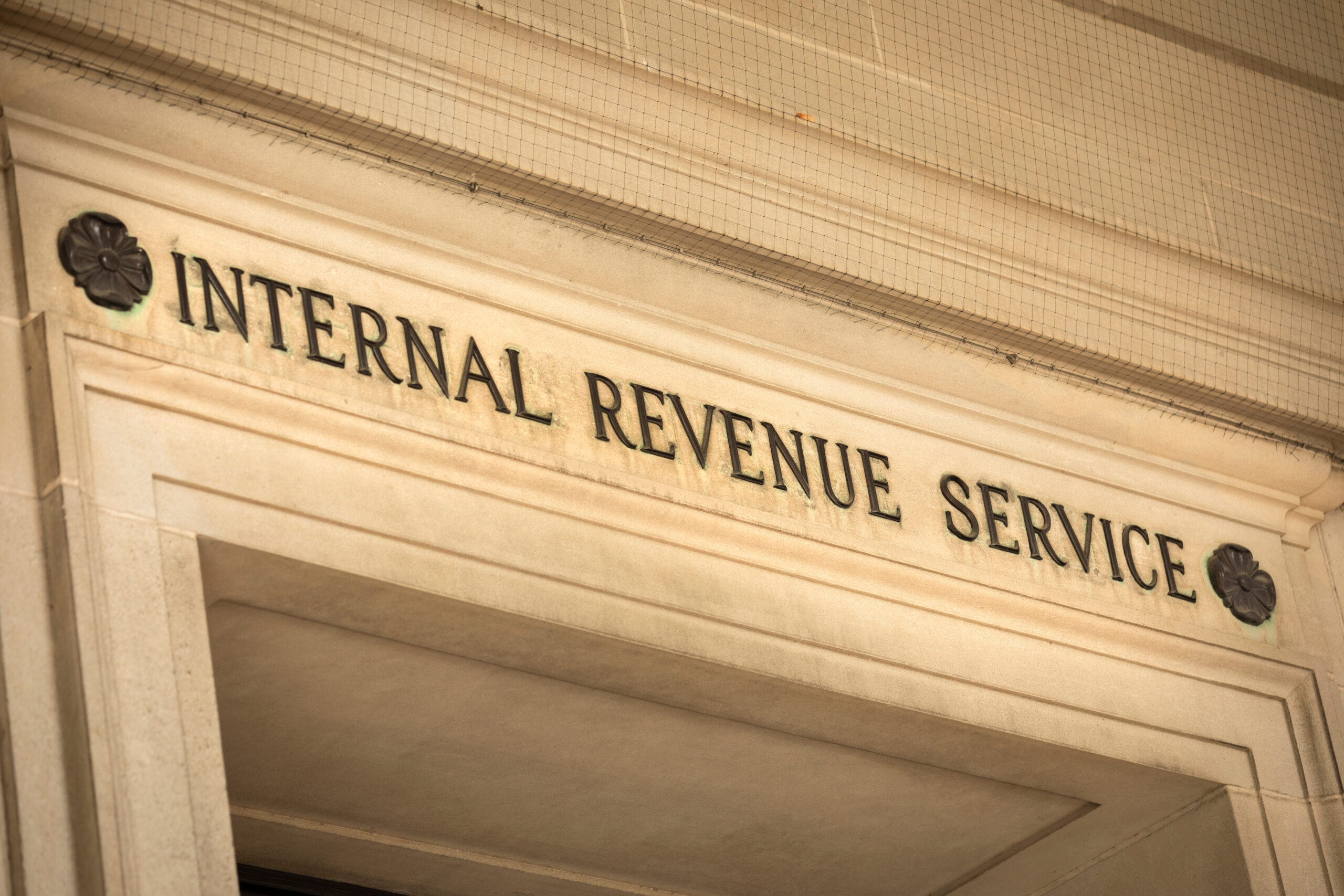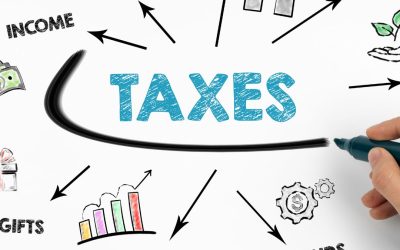Receiving an LT11 notice from the IRS can be quite alarming. This notice, also known as a “Final Notice of Intent to Levy and Notice of Your Right to a Hearing,” indicates that the IRS is preparing to take serious action if you don’t address your unpaid tax debt.
Here’s what you need to know about the LT11 notice and the steps you should take if you receive one.
What is an LT11 Notice?
The LT11 notice is sent by the IRS when you have a significant unpaid tax balance. It’s one of the final warnings before the IRS takes severe collection actions, such as levying your bank accounts, wages, or other assets. The notice outlines the amount you owe, including penalties and interest, and gives you a deadline of 30 days to either pay the balance or request a hearing.
Why Did I Receive an LT11 Notice?
There are a few common reasons you might receive an LT11 notice:
- Unpaid Tax Balance: You have a tax debt that has not been paid or arranged to be paid.
- Missed Payments: You didn’t make payments on a previously established installment agreement.
- No Response to Previous Notices: You didn’t respond to earlier IRS notices regarding your tax debt.
What Should I Do if I Receive an LT11 Notice?
Receiving an LT11 notice requires prompt action. Here’s what you should do:
- Read the Notice Carefully: Understand the amount you owe, the due date, and the consequences if you don’t take action.
- Check for Errors: Verify that the information in the notice is accurate. If you believe there’s a mistake, contact the IRS immediately to dispute it.
- Pay the Balance: If you can, pay the full amount by the deadline to avoid further penalties and interest. You can pay online, by phone, or by mail.
- Request a Collection Due Process (CDP) Hearing: If you can’t pay the full amount, you have 30 days from the date of the notice to request a CDP hearing. This will temporarily halt IRS collection actions and give you an opportunity to discuss payment options or disputes with the IRS.
- Set Up a Payment Plan: If paying the full amount isn’t feasible, contact the IRS to arrange a payment plan or installment agreement. This can help you manage your debt without facing more severe collection actions.
- Get Professional Help: If you’re unsure about what to do or can’t afford to pay, consider hiring a tax resolution professional. They can negotiate with the IRS on your behalf and help you find the best solution for your situation.
Why Hiring a Tax Resolution Professional is a Good Idea
Navigating IRS notices and tax laws can be daunting. A tax resolution professional has the expertise to handle your case effectively. Here’s how they can help:
- Expert Guidance: They understand tax laws and IRS procedures, ensuring you get accurate advice and avoid common pitfalls.
- Communication with the IRS: They can communicate with the IRS for you, reducing your stress and ensuring your case is handled properly.
- Negotiation: They can negotiate payment plans, penalty reductions, or other solutions that fit your financial situation.
- Representation: If your case goes to court, they can represent you and advocate for your best interests.
If you’ve received an LT11 notice or are dealing with any other tax issues, don’t wait to get help.
At Walker Tax Relief, we have over 20 years of experience and have helped hundreds of clients resolve their tax problems.
Call Jennifer Walker at Walker Tax Relief today at (248) 983-4829.
We’re here to help you get back on track and achieve financial peace of mind. Act now before the IRS takes more severe actions against you!



